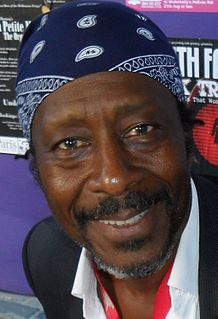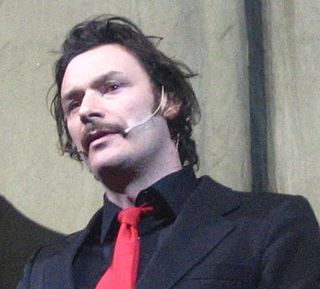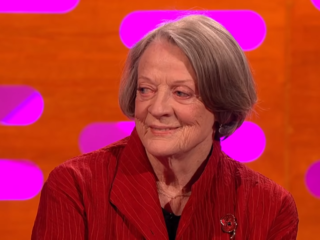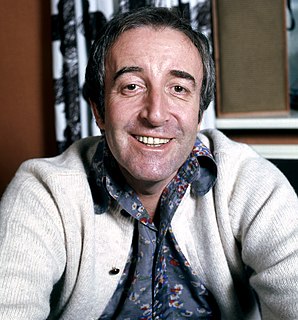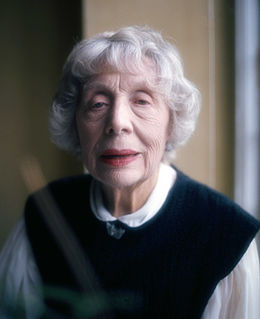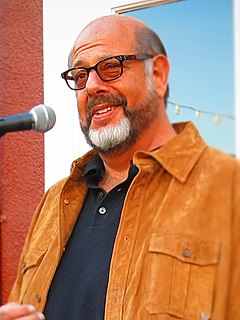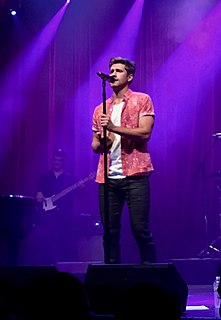A Quote by Clarke Peters
I'm a stage actor, and we never get to see our performances.
Related Quotes
I do feel that scripts get developed now to a point where they're sort of actor-proof. If the actor is not very good, the narrative still survives because it's all in the dialogue. Not to say there aren't great performances in English-language films, because there are every year, but the 1970s were awash with great performances, and I was wondering whether it had to do with the amount of space and the amount of responsibility given to the actors.
I think you get the most honest performances when an actor shows up to set with their lines memorized. That's a very important thing that a lot of people seem to forget. You have a pre-conceived notion of what you want the scene to be, but once you get there, that goes out the window and it turns out to be a way that you never imagined.
There is no definitive list of the duties of a stage manager that is applicable to all theaters and staging environments. Regardless of specific duties, however, the stage manager is the individual who accepts responsibility for the smooth running of rehearsals and performances, on stage and backstage.
